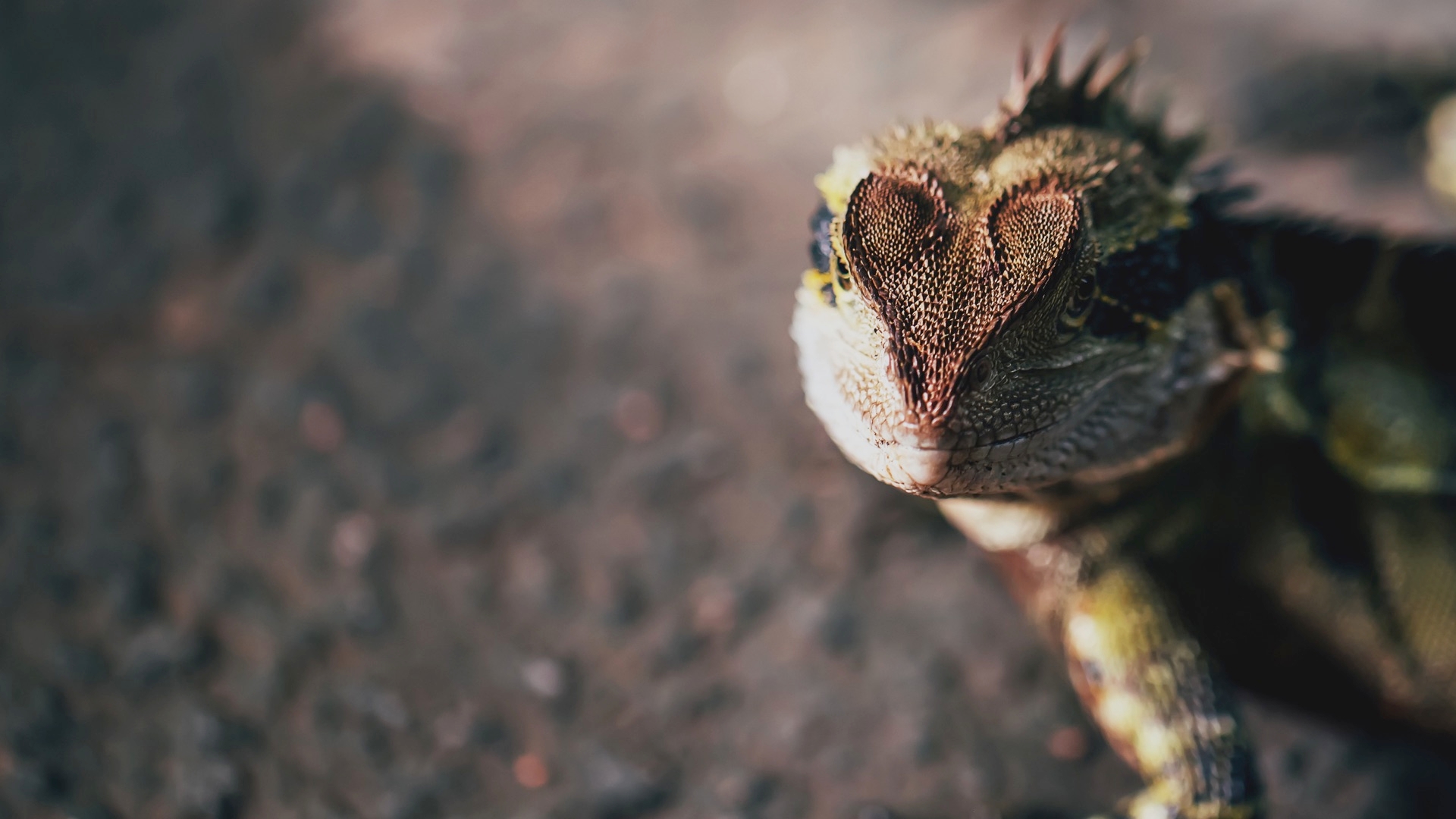Are You Considering A Reptile Or An Amphibian?
Summary:
Millions of households in the United States own at least one reptile (like a turtle, lizard, or snake) or amphibian (like a frog, salamander, or caecilian). Although reptiles and amphibians can make interesting and entertaining pets, it's important to be aware that they sometimes carry germs that can make people sick.
Millions of households in the United States own at least one reptile (like a turtle, lizard, or snake) or amphibian (like a frog, salamander, or caecilian). Reptiles have dry and scaly skin, whereas amphibians have smooth, slimy skin.
Both reptiles and amphibians can carry germs that make people sick. The most common germ carried by reptiles and amphibians is Salmonella. Reptiles and amphibians often carry Salmonella bacteria in their digestive tracts. Even healthy reptiles and amphibians can carry the bacteria. People can get sick from Salmonella bacteria through contact with reptiles, amphibians, or their environments, including water from their tanks or aquariums.
Although reptiles and amphibians can make interesting and entertaining pets, it's important to be aware that they sometimes carry germs that can make people sick. Young children, people with weakened immune systems and adults 65 and older are at higher risk of getting sick from germs carried by reptiles and amphibians.
If you decide that a reptile or amphibian is the right pet for you, it's important to learn how to properly care for your pet. Appropriate husbandry and veterinary care can help keep you both safe from illness. By providing your pet with routine veterinary care and following the tips on the Healthy People section, you are less likely to get sick from touching, petting, or owning a reptile or amphibian.
Before choosing a pet reptile or amphibian
Think about the people in your household. Some people are at higher risk for serious illness from germs reptiles and amphibians can carry, especially children younger than 5 years old, adults 65 and older, and people with weakened immune systems.
- Research and learn how to properly care for reptiles and amphibians before buying or adopting. Ask a veterinarian about the proper food, care, environment, and other needs of the specific pet you are interested in adopting.
- Locate an exotic veterinarian in your area. Reptiles and amphibians require specialized care. Most veterinarians do not treat reptiles or amphibians.
- Check state, local, and property laws before selecting or purchasing a reptile or amphibian. Some reptiles or amphibians might not be allowed in apartments or rental homes.
- Do not keep venomous animals as pets or in household settings.
How to choose a pet reptile or amphibian
- Remember that some reptiles and amphibians can live for a very long time. Make sure you are prepared for the commitment of caring for the animal during its long lifespan.
- Don't catch wild reptiles or amphibians and keep them as pets.
- Buy turtles with shells longer than 4 inches in length (about the size of a deck of cards or a cell phone). Federal law bans the sale of small turtles, although some are illegally sold in souvenir shops and at roadside stands. Buy only from a trusted pet store and avoid roadside or temporary vendors.
- Carefully examine the animal you are considering buying. You should not see any external parasites, such as mites or ticks, and the reptile's eyes should be clear.
- Ask about the animal's diet and if it has been eating (if an animal isn't eating, there may be a health problem).
How to house your reptile or amphibian
Provide your reptile or amphibian with a safe, warm, and comfortable environment that has the appropriate humidity levels and lighting. Reptiles and amphibians often have very specific requirements for their habitats. Talk with your veterinarian about your pet's needs.
Don't allow pet reptiles and amphibians to interact with or eat wild animals.
Monitor your pet's health
- Learn about proper management of your reptile or amphibian's health including temperature and humidity requirements. Taking good care of the animal can decrease your pet's stress and the chances of it getting sick.
- To keep your pet as healthy as possible, visit an exotic veterinarian experienced in reptile and amphibian care (herpetology) for regular check-ups. A veterinarian will not be able to prevent your reptile or amphibian from shedding Salmonella because these bacteria are normally found in healthy reptiles and amphibians.
- If your pet becomes sick or dies soon after purchase, take it to the veterinarian promptly and inform the pet store or breeder about the pet's illness or death. Consider waiting before purchasing or adopting another pet. Do not use the habitat until it has been properly cleaned and disinfected. These practices will help prevent the spread of disease.
What to do if you no longer want your pet reptile or amphibian
- Do not release your pet outdoors. Releasing pets isn't good for the animal or the environment. Most reptiles and amphibians released outdoors will die, and some can threaten natural wildlife populations.
- Find a new home for your pet:
- Consider giving your pet to another experienced reptile or amphibian owner.
- Contact a nearby pet store for advice on rehoming your pet.
- Contact a local pet rescue group to see if they can help rehome your pet.
- Contact a local aquarium or zoo to see if they would accept your pet.


